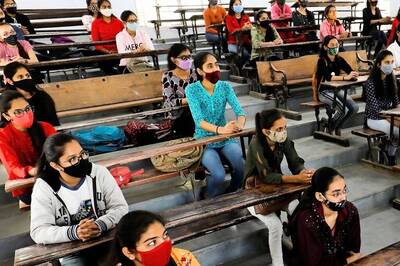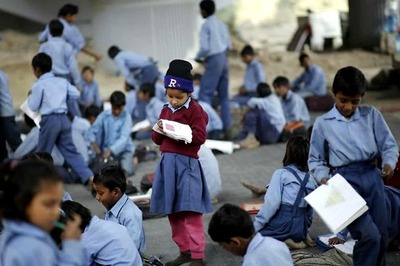
views
New Delhi: In the wake of panic among people from North East in various parts of the country last month, the government was planning to block micro-blogging site Twitter in eight states as the content on it was thought to be one of the main reasons for triggering exodus.
The Department of Electronics and IT wanted to block Twitter and asked experts how and whether it could be done, sources said.
The states identified for banning Twitter included Karnataka, Andhra Pradesh, Tamil Nadu, Assam, Maharashtra and Uttar Pradesh.
The DEIT plan followed an advise by the Home Ministry which felt that content and photographs on Twitter contributed to the panic and exodus, the sources said.
However, National Security Adviser MK Narayanan and Pulok Chatterjee, Principal Secretary to the PM, discouraged the move, they said.
The PMO was of the opinion that "water supply cannot be switched off to an entire colony just because few taps were giving bad water", the sources said.
Subsequently, a decision was taken that a review committee would be set up to keep monitoring the online content on portals like Twitter.
Government had ordered blocking of 310 webpages where morphed and inflammatory contents were uploaded with the aim to incite communal passions in the country and create panic among people of North East living in states like Karnataka, Tamil Nadu and Maharashtra.
Against the backdrop of these developments, Prime Minister Manmohan Singh on Saturday talked about misuse of Internet and said the government was working on a robust cyber security structure which addresses threat management and mitigation, assurance and certification, specially building capacity and enhancing research.
He underlined the need for a strategy to counter the propaganda carried out on social networking sites.
At the same time, he said it needed to be ensured that any plans to counter the propaganda on Internet did not infringe upon the rights of freedom of expression of the people.
He also highlighted the country's escalating vulnerability to cyber crime "as our economy and critical infrastructure become increasingly reliant on interdependent computer networks and the Internet".




















Comments
0 comment